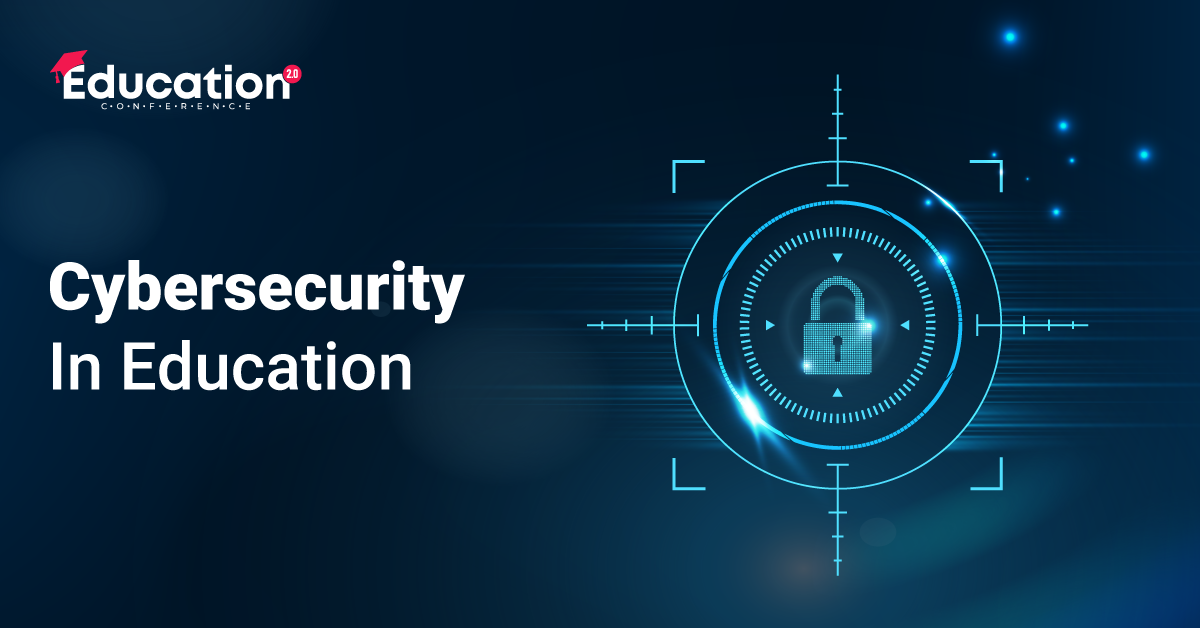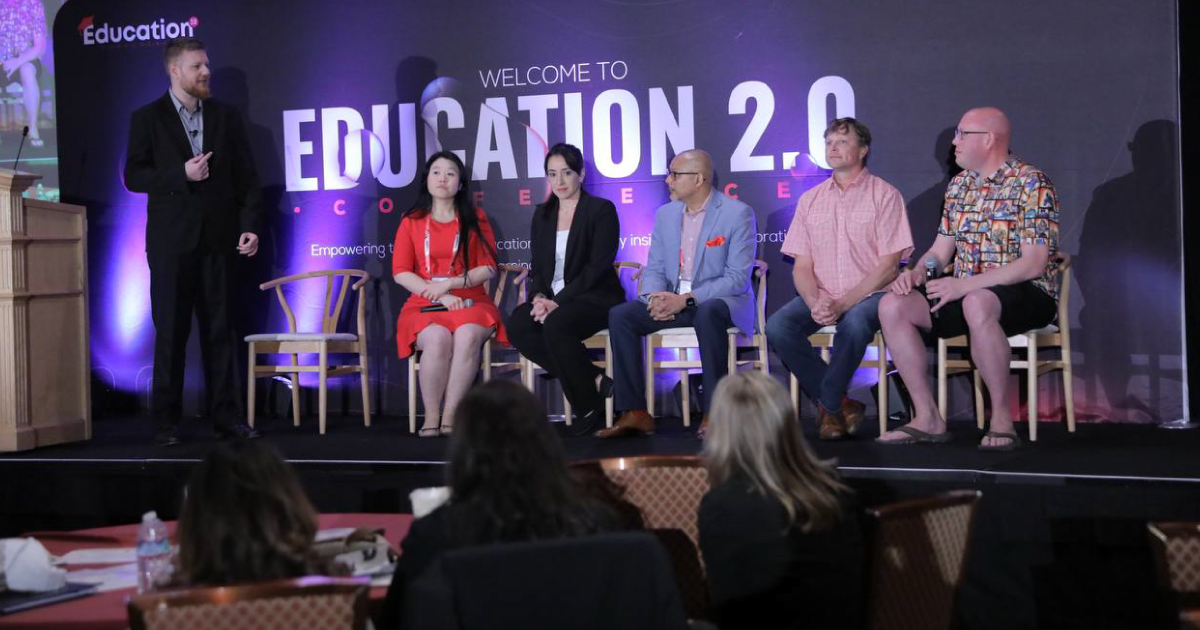The Internet has radically changed the way we live, learn and do business today. The advent of cloud computing and digital learning materials has opened up new opportunities, while at the same time increasing the risk of cyberattacks on businesses and schools alike by malicious hackers who threaten to steal data or extort money in exchange for keeping it safe and confidential. Cybersecurity in education means staying ahead of the curve and providing teachers, parents and students with the information they need to stay safe online and prevent their personal information from being stolen by criminals.
Why Is Cybersecurity Still Not Being Taken Seriously In Education?
The security of our children is paramount. We do everything we can to protect them from the dangers outside their classroom walls, but when it comes to cybersecurity in education, we're still not doing enough.
This is unacceptable, considering how many classrooms are equipped with some type of technology. As reviewed at the Education 2.0 Conference, recent studies show that today's students spend as much as eight hours a day online using tablets and laptops, which makes them susceptible to these types of crimes. It's up to schools to educate parents on how to secure these devices against threats such as viruses, fraud, and scams, so they don't get into the wrong hands.
When we take a step back and look at cybersecurity threats facing educators today, they're easy to spot. There are simple online scams targeting teachers designed to steal their money. Identity thieves use social media profiles or email accounts of teachers to contact students, often pretending to be someone else and asking for personal information or credentials. Identity thieves also use emails containing malicious links or attachments that may compromise your computer's data or infect your device with malware that could harm other devices on your network. Schools themselves have also been victims of ransomware attacks demanding payment for encryption keys that would unlock access to files used by school systems.
The Risks Of Cyberattacks In Education
Educators are finding themselves the victim of cyberattacks more often than ever before. Recent research shows that these attacks have been more successful than ever, with no signs of slowing down. As an educator, you may be at risk of losing your personal information or sensitive data as a result of a breach. According to Education 2.0 Conference’s speakers, the good news is that there are steps you can take to protect yourself against potential risks from scams and fraud.
Reviewing Scam Prevention Measures
Educators need to be more vigilant about cybersecurity. To protect their students, parents, and themselves from fraud or scams, they should always verify the sender's email address before sending any sensitive information. And when they receive an email that appears suspicious, teachers should not click on any links or attachments in the message.
When it comes to children, it is essential for parents and educators alike to talk openly with them about cyberattacks and how they can protect themselves. Make sure kids understand that there are people out there who might try to steal their personal information. Teach them not to share private info online and ensure they know where to go if they see anything unusual while browsing the web.
Be proactive about your own privacy by having a solid password, updating your software regularly, and keeping devices secure. With these precautions in place, you'll be able to avoid becoming another victim of a scam or attack.
Conclusion
With the ever-growing threat of cyber security breaches looming over our children's futures, it is imperative that we do everything we can to protect them. With proper cybersecurity education in schools now more important than ever before, it is critical that we take all the necessary measures to ensure the safety of our children while they are at school. Keeping the importance of this subject in mind, the Education 2.0 Conference’s upcoming edition in the USA will unite educationists with cybersecurity experts to bring forth solutions to keep students safe from scammers and fraudsters on the web.













